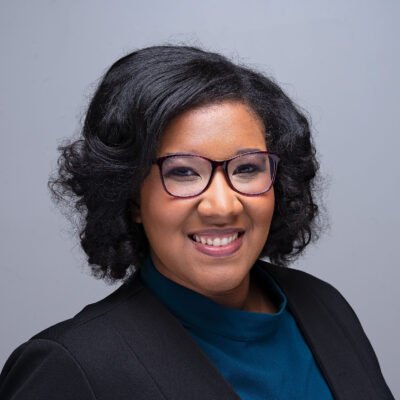The list of individuals and organizations working toward LGBT equality in Kentucky is so long, we honor their collective efforts in one profile.
In 1986 the ACLU of Kentucky defended
Jeffrey Wasson on a charge of sodomy in Fayette County. Wasson was arrested in an undercover sting operation along with several other men. They chose to accept plea bargains. But Wasson was so incensed by the unfairness of the law, he decided to challenge its constitutionality. We won the case as a violation of his right to privacy as well as an infringement of his equal protection under the law.
It was after this win that we saw anti-LGBT legislation first introduced in Frankfort. Support for LGBT rights locally developed out of the civil rights and feminist movements of the time within ally groups such as the ACLU-KY, the
KY Alliance Against Racist & Political Repression , and the
Justice Resource Center.
In the late 1980s, the March for Justice was an avenue for allies to show solidarity for one another and to make the links between the various issues of concern. One early LGBT activist described being “scared but empowered.” Scared because it was still dangerous to be an openly gay or transgender person, and empowering to be among such a powerful support network within your home community.
The drive for non-discrimination protections in Louisville led to the formation of the
Fairness Campaign in 1990. The statewide
KY Fairness Alliance soon followed, developing a network throughout the state working for LGBT equality. The struggle for fairness continued throughout the 1990s.
In 1998, the ACLU-KY represented
Alicia Pedreira in an employee discrimination case. Pedreira worked for Kentucky Baptist Homes for Children (now Sunrise Children's Services), where she was fired for being a lesbian after a picture of her with her then-girlfriend was entered in a contest at the State Fair without her knowledge.
Pedreira’s case became a turning point, putting a face to a problem that many decision makers didn’t believe existed – that people were actually being fired from their jobs based on their sexual orientation. Many hearts and minds opened up as Pedreira’s story unfolded, and in 1999, fairness protections passed in Louisville and later that year in Lexington and Henderson (which was later repealed in 2001). Covington became the next city to pass protections, in 2003.
As LGBT individuals became more visible in society, there was a backlash to curtail their rights. In the presidential election year of 2004, same-sex marriage was used as a very effective wedge issue nationwide to turn out conservative voters. The ACLU-KY was a partner in the
NO on the Amendment campaign that was formed to fight against efforts to amend the state constitution to limit marriage to one man and one woman. Kentucky lost that fight along with 12 other states that year.
In 2008, advocates for LGBT equality gathered together in Danville for the first Fairness Summit. Our goal was to develop a vision of what we could accomplish if we worked together. The
Fairness Coalition was established. The coalition is made up of the ACLU-KY, the Fairness Campaign,
Lexington Fairness , and the
Kentucky Commission on Human Rights . The Kentucky Fairness Alliance was a charter member but later merged with the Fairness Campaign. Our shared goal is to win statewide fairness protections for all Kentuckians.
Since 2008, we have helped usher in domestic partner benefits at all public universities, three private colleges, and four cities within the state. We’ve developed a business coalition of supporters with major corporations, including Brown-Forman, Humana, LexMark, Toyota, and Anheuser-Busch. And we’ve added non-discrimination protections in five more Kentucky cities – Vicco, Frankfort, Morehead, Danville and Midway. Statewide fairness legislation continues to gain support in the General Assembly and in 2014, Speaker of the House Greg Stumbo added his name to the list of co-sponsors.
In the past couple of years, the ACLU-KY has been engaging the transgender community, holding several programs throughout the state to determine the issues where we can have the greatest impact. We have also added transgender representation on our board of directors to better inform our perspective. We worked with our coalition partners during the 2015 legislative session to successfully stop the Bathroom Bully bill – aimed at singling out trans* students – and have hosted meetings for trans* support groups at both our Louisville office and through the coalition’s western Kentucky organizer.
As we go to press, we await a decision from the U.S. Supreme Court that could make same-sex marriage the law of the land; the ACLU-KY is proud to be a part of the lawsuit alongside the national ACLU, the
Fauver law office ,
Clay Daniel Walton Adams and Stanford law professor
Jeff Fisher .


